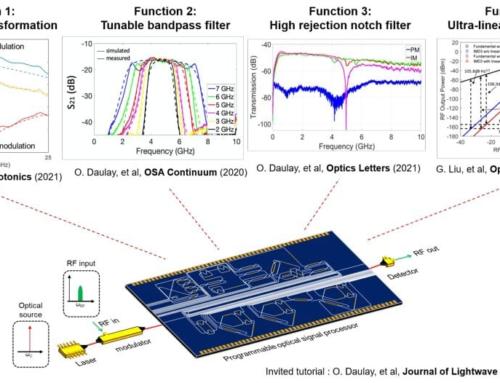The Competition Commission this week published its final report on the Data Services Market Inquiry. The purpose of the inquiry was to identify the drivers of high prices in the data services market and to make recommendations to provide relief to consumers.
The Commission characterised the data services market as highly concentrated with a duopoly in the form of MTN and Vodacom, which enjoy significant market power relative to smaller competitors, says Jac Marais and Nalo Gungubele of law firm Adams & Adams.
Below the attorneys outlined some of the main findings of the report:
- South African data prices are excessively high: This position was taken following an international benchmarking exercise, which showed that mobile data prices in South Africa are significantly higher relative to other countries.
- The data services market lacks transparency and has resulted in unjustifiable price differentials negatively impacting poorer South Africans who consume smaller data bundles: The Commission found that the pricing behaviour of the dominant operators resembled partitioning strategies and exploitative price discrimination. Furthermore, the Commission found that the price-cost mark-ups of the dominant operators point to a prima facie case of excessive pricing.
- The delay in the licensing of high demand spectrum and lack of cost-based facilities access has significantly contributed to the high cost of data: The Commission commended the Independent Communications Authority of South Africa (ICASA) for the release of the Information Memorandum for International Mobile Telecommunications Spectrum Assignment but emphasised that the approach to spectrum licensing should lead to pro-competitive outcomes and not further entrench the dominance of the duopoly. The Commission also found that enhancing facilities access and sharing can contribute to the reduction of operating costs.
- There is inadequate price-based competition in the mobile market: The Commission found that the dominant operators can price independently of smaller operators and certain market features, including first-mover advantage, have perpetuated their dominance in the market.
- Alternative fixed-line and data services should be extended: The Commission found that greater efforts need to be made to extend the reach of alternative infrastructure to avail alternative sources of data services and promote public Wi-Fi and community networks.
Recommendations
The attorneys from Adams & Adams noted that the commission’s final package of recommendations comprises a combination of immediate and intermediate measures to reduce the cost of high data prices.
These are summarised as follows:
- The Commission has called upon mobile operators to reach independent agreements to, amongst other things, reduce the prices of various data products within periods ranging between two-to-six months from the release of the Final Report. Should the Commission and operators fail to reach agreement within the specified time frames, the Commission will proceed to prosecute the operators in terms of the relevant provisions of the Competition Act;
- The Commission will contribute to ICASA’s Information Memorandum Commentary process currently underway to provide input on the licensing of the Wireless Open Access Network (WOAN), as well as the remaining spectrum to ensure that the release of spectrum translates to lower data costs.
- To improve price-based competition, the following intermediate measures have been recommended:
– Legislative changes should be made to facilitate cost-based access to facilities and set pricing standards. The Commission also urged ICASA to define essential facilities to determine the need for regulatory intervention, ideally within 18 months.
– Operators should reach independent agreements with the Commission with regards to the wholesale rates of their national roaming agreements with other networks as well as Mobile Virtual Network Operators (MNVOs). These agreements are to be reached within a prescribed period, failing which the Commission will consider prosecution for excessive pricing.
– Various legislative reforms should be implemented to support and expand ICASA’s regulatory function such as the precondition for regulatory action.
– Government is required to adopt various strategies to incentivise network roll-out in low-income areas as well as the development of free public Wi-Fi at government buildings, commuter points, and public spaces to promote the development of alternative infrastructure.
You can read a full summary of the report here.



